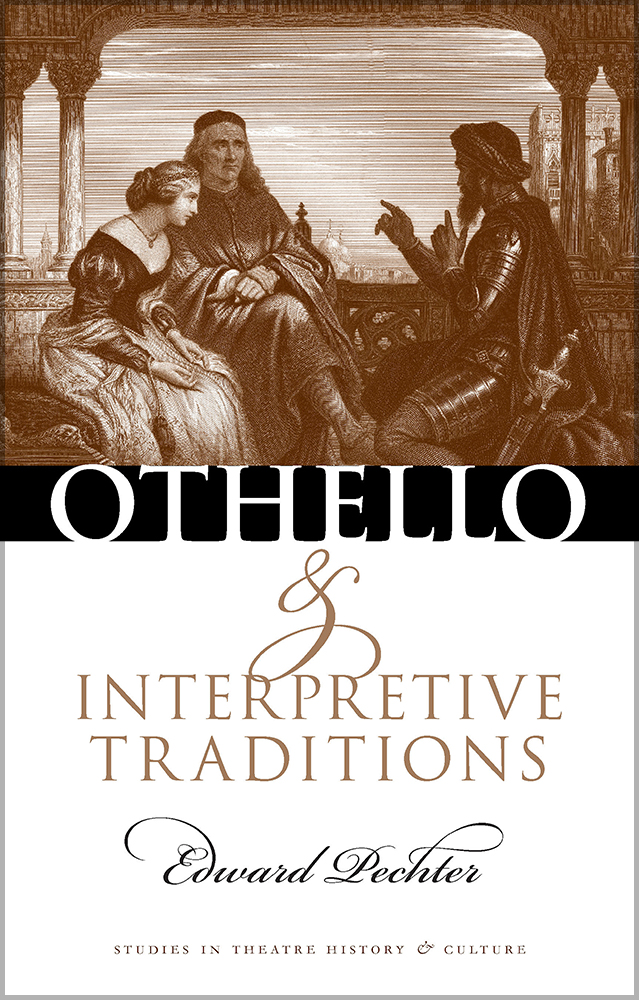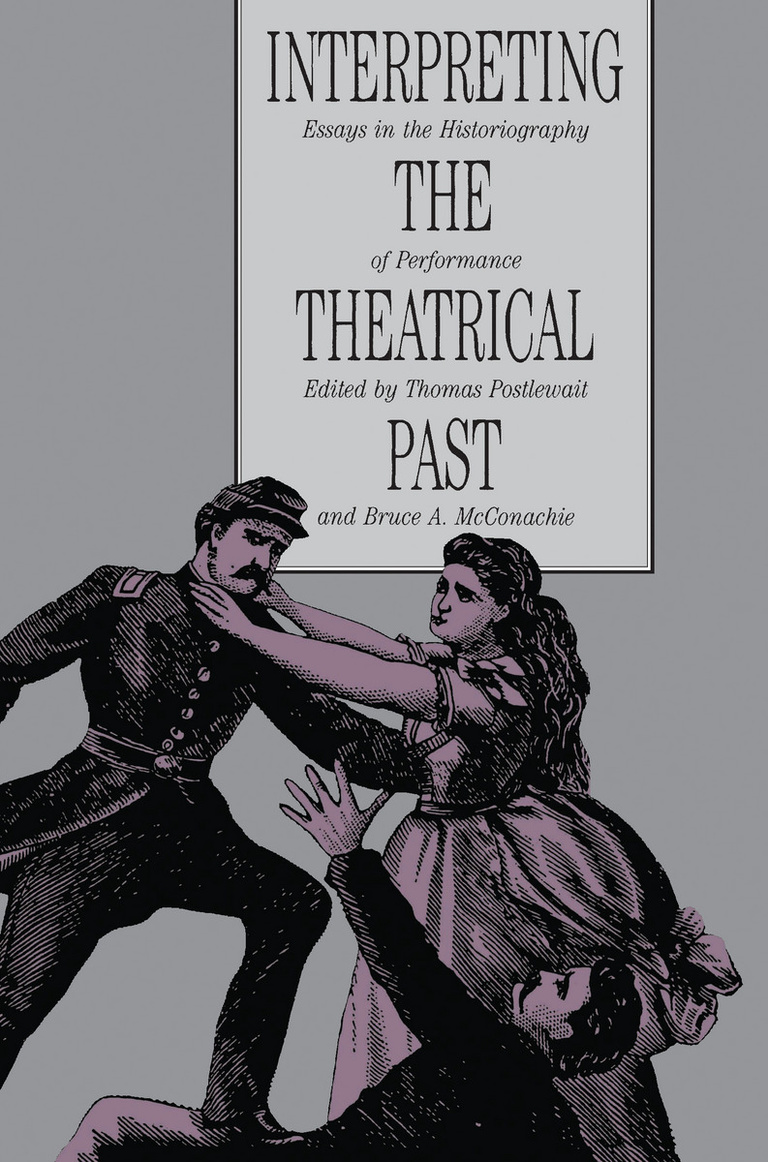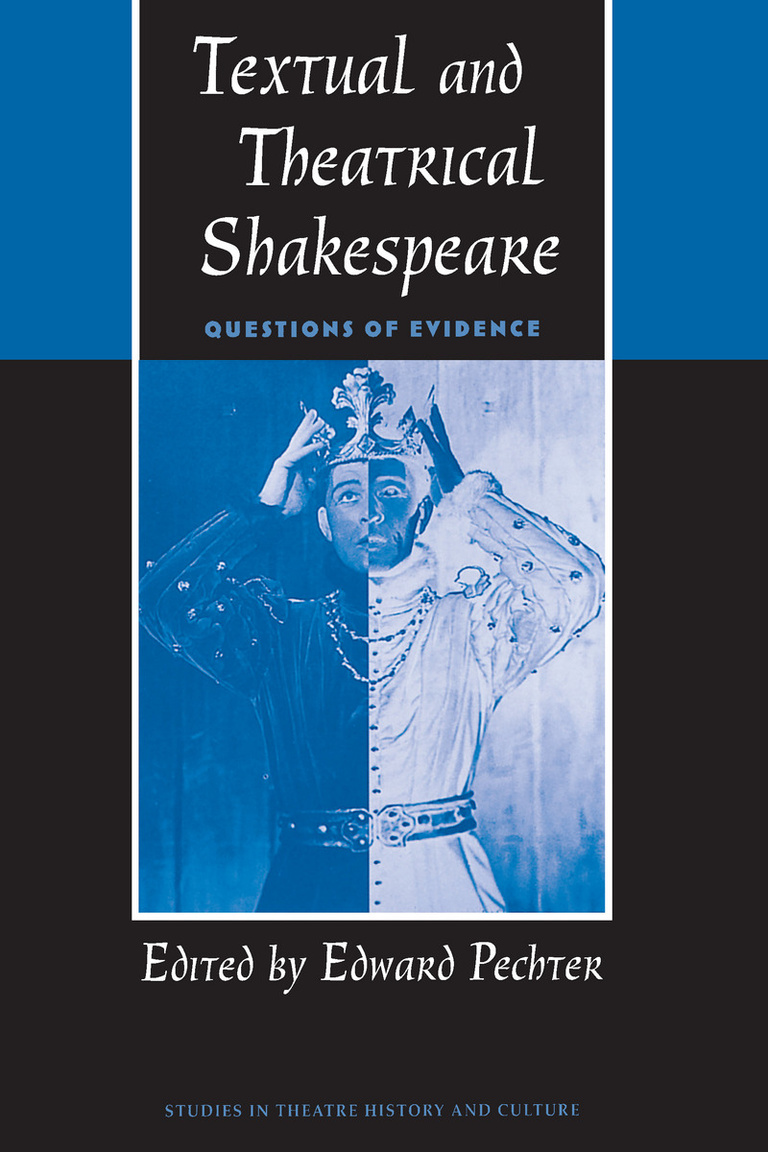During the past twenty years or so, Othello has become the Shakespearean tragedy that speaks most powerfully to our contemporary concerns. Focusing on race and gender (and on class, ethnicity, sexuality, and nationality), the play talks about what audiences want to talk about. Yet at the same time, as refracted through Iago, it forces us to hear what we do not want to hear—like the characters in the play, we become trapped in our own prejudicial malice and guilt.
In this stimulating study, Edward Pechter describes the play's design and effects in a way that accounts for its extraordinary power to engage the interests of audiences and readers not just in our time but throughout history. Going back to the play's earliest productions, he argues Othello is unique in that it divides the central space of its action equally between protagonist and antagonist. This design has made strenuous demands on theatrical productions; the stage history of the play may be plotted as a continuous refusal or inability to allow for Othello's and Iago's equivalent attractive power.
While Othello and its interpretive traditions are distinguishable from one another as a matter of analytical convenience, Pechter demonstrates how they are mutually dependent, reciprocally constitutive ways of talking about the same thing. As a result, the distinction between the current and historical versions tends to blur if not collapse. Since so many current versions of Shakespeare's tragedy depend fundamentally on claims of an enlightened critical detachment from tradition, the situation may be taken as a peculiarly intense instance of the power of Othello to defeat what we may think of as our better nature.
“Edward Pechter's brilliant new study takes us as close as possible to the centre of the play's agony. Learned and scholarly—but also always lively and provocative—Pechter is the ideal guide to the ways in which we have to confront the appalling experience of Othello.”—Peter Holland, Shakespeare Institute, University of Birmingham, Stratford-upon-Avon
Introduction - Othello and Interpretive Traditions
1 - Othello in Theatrical and Critical History
2 - Disconfirmation
3 - Iago
4 - The Fall of Othello
5 - The "Pity" Act
6 - Death with Transfiguration
Afterword - Interpretation as Contamination
Appendix - "Character Endures"


